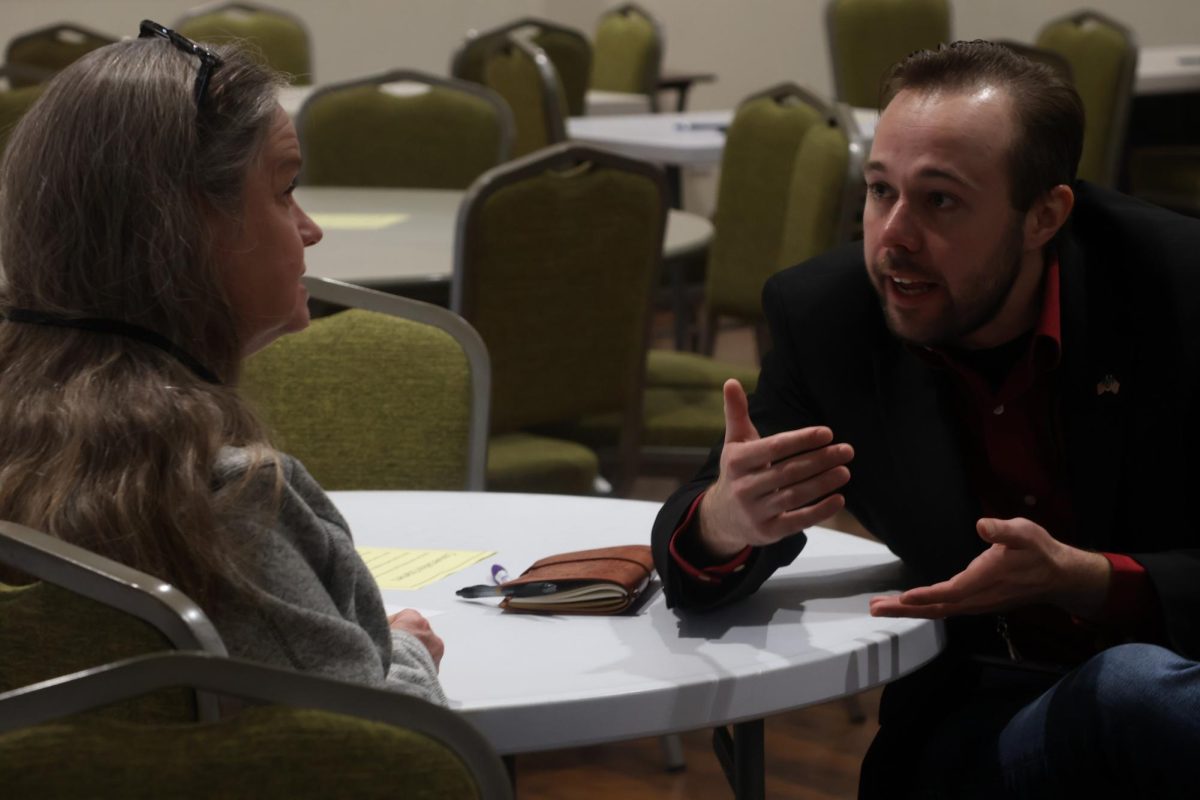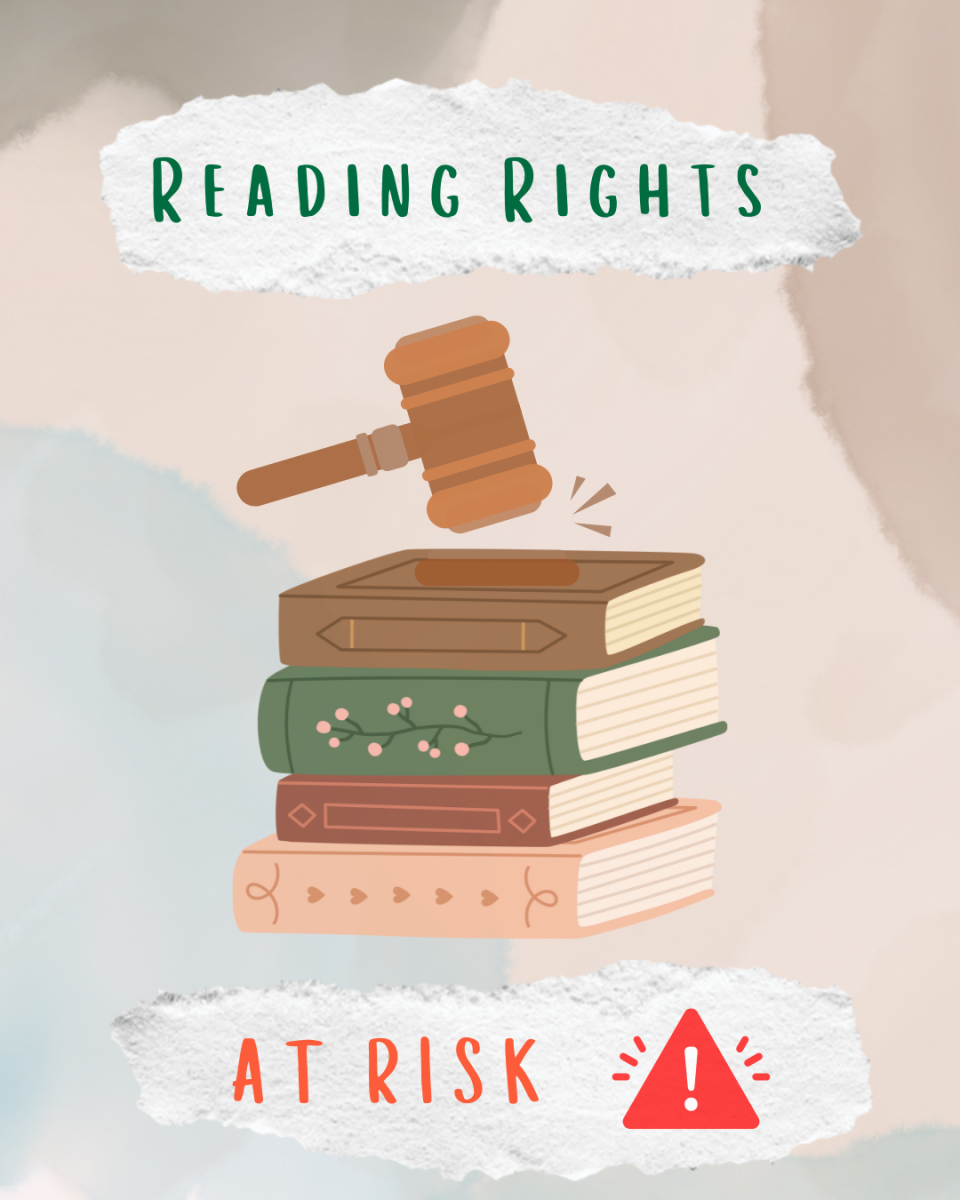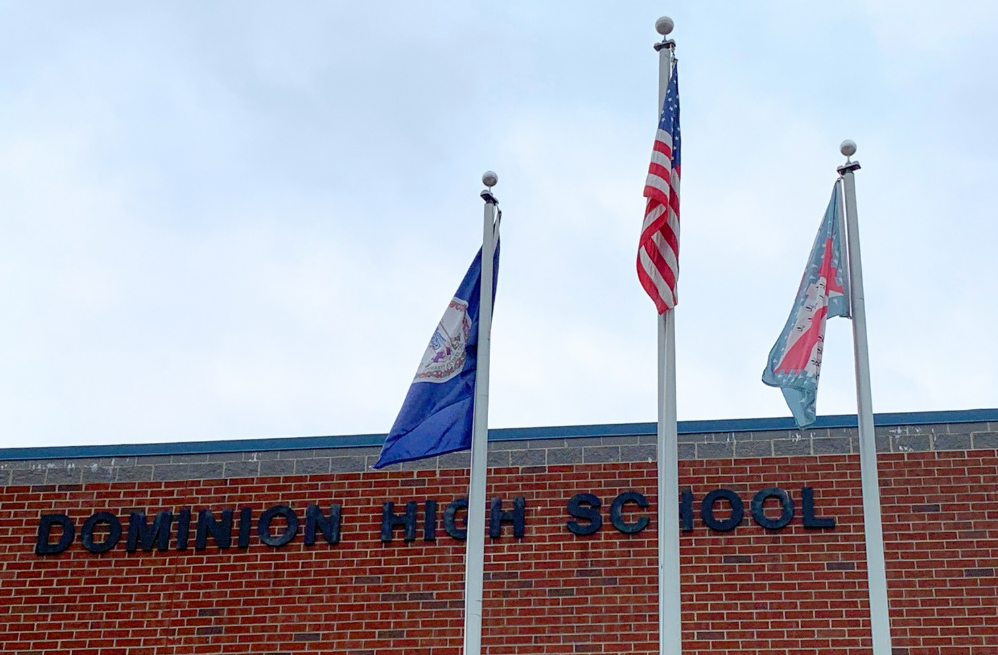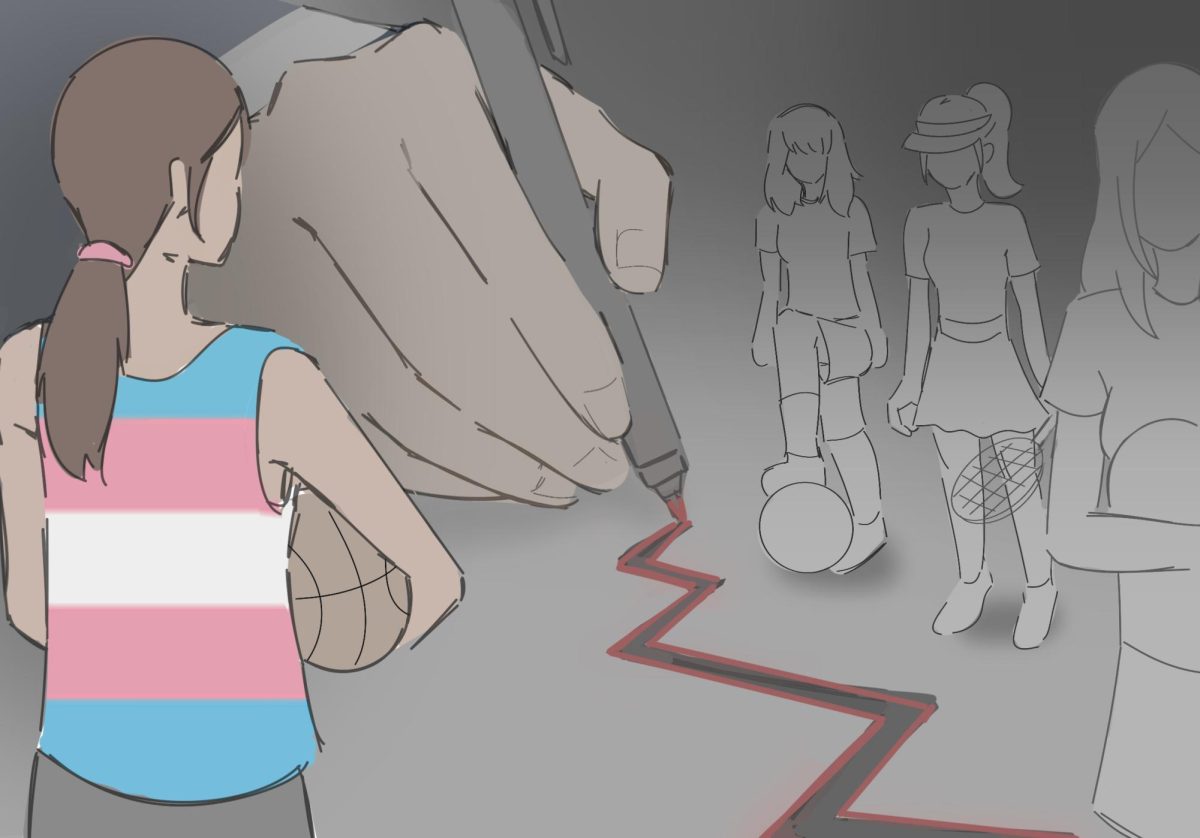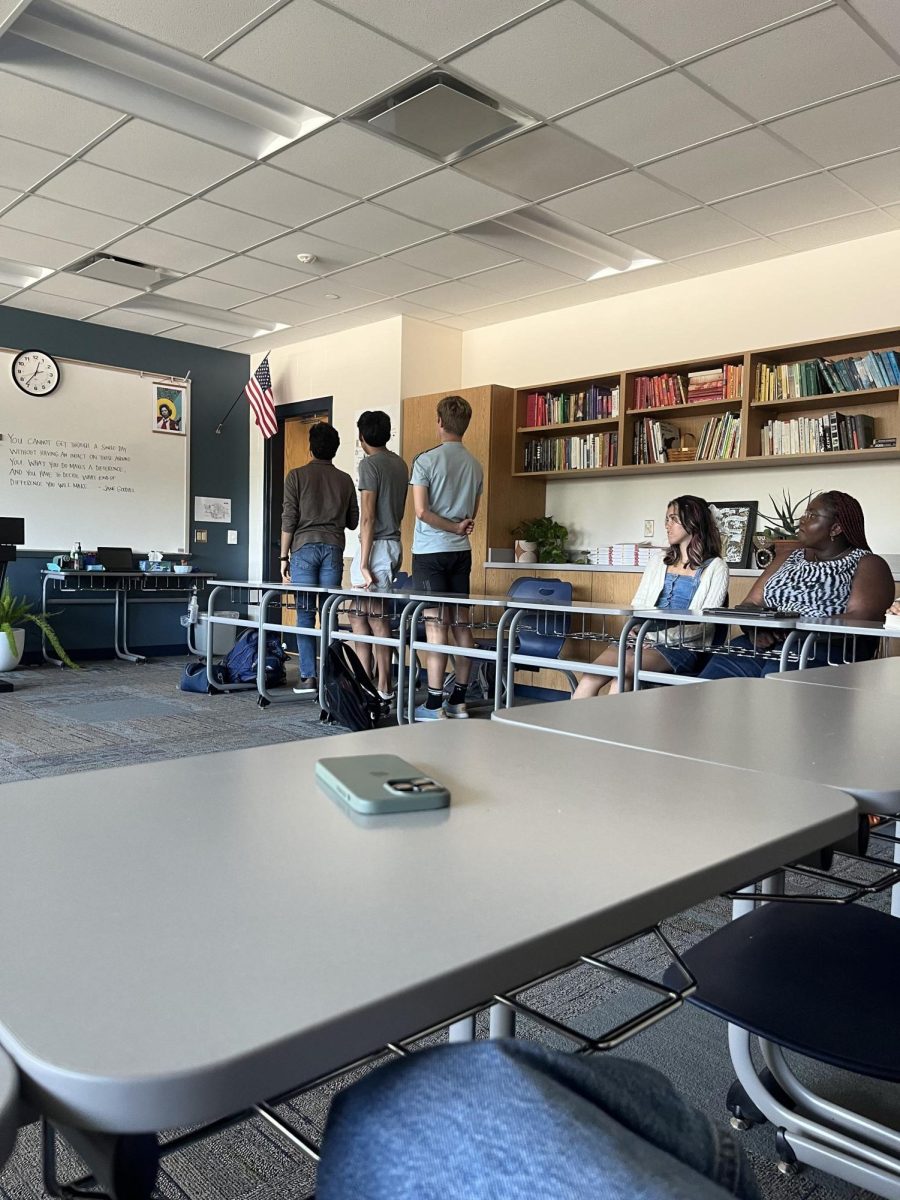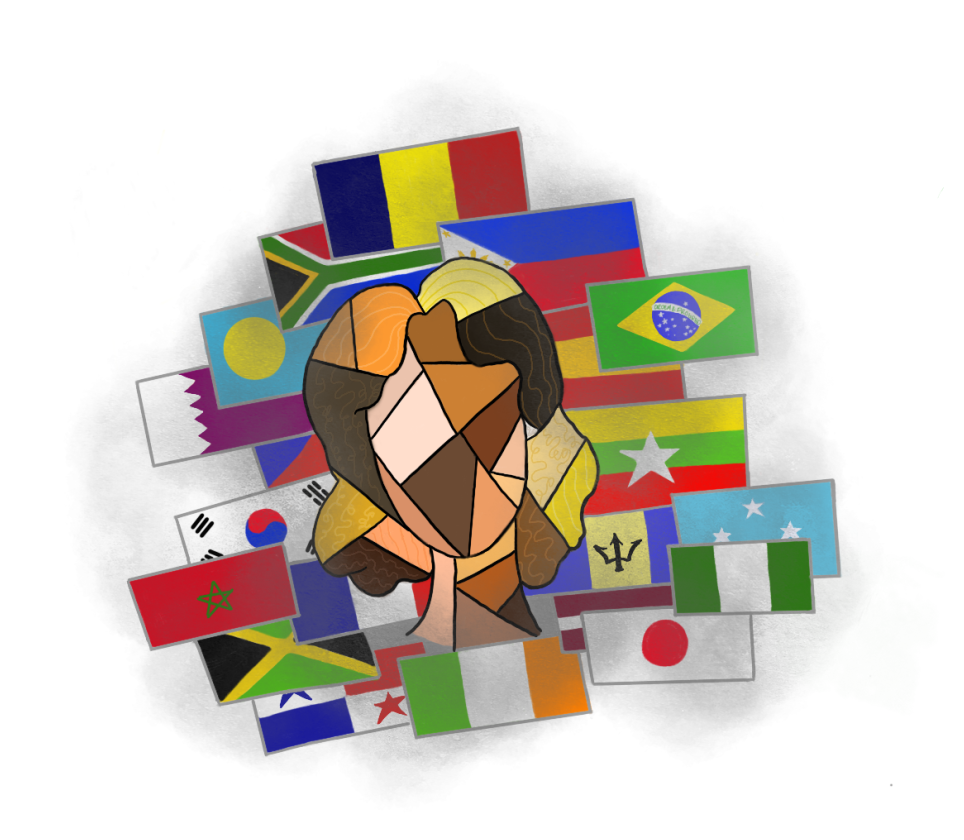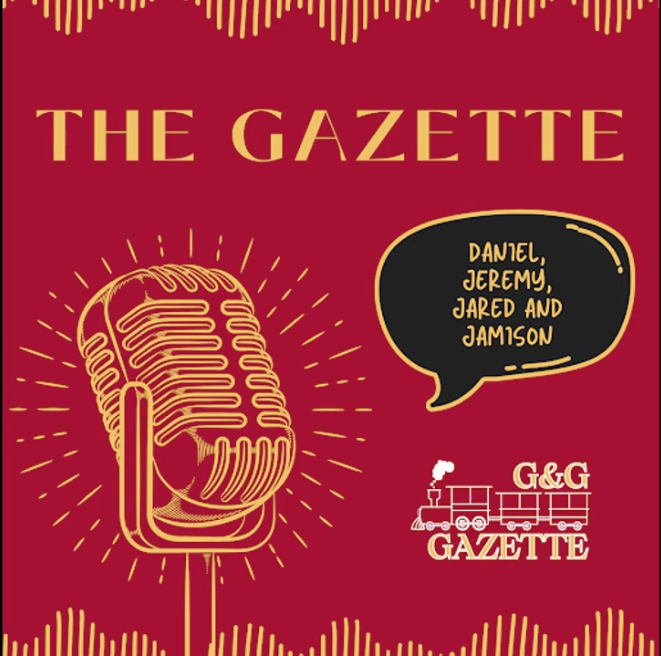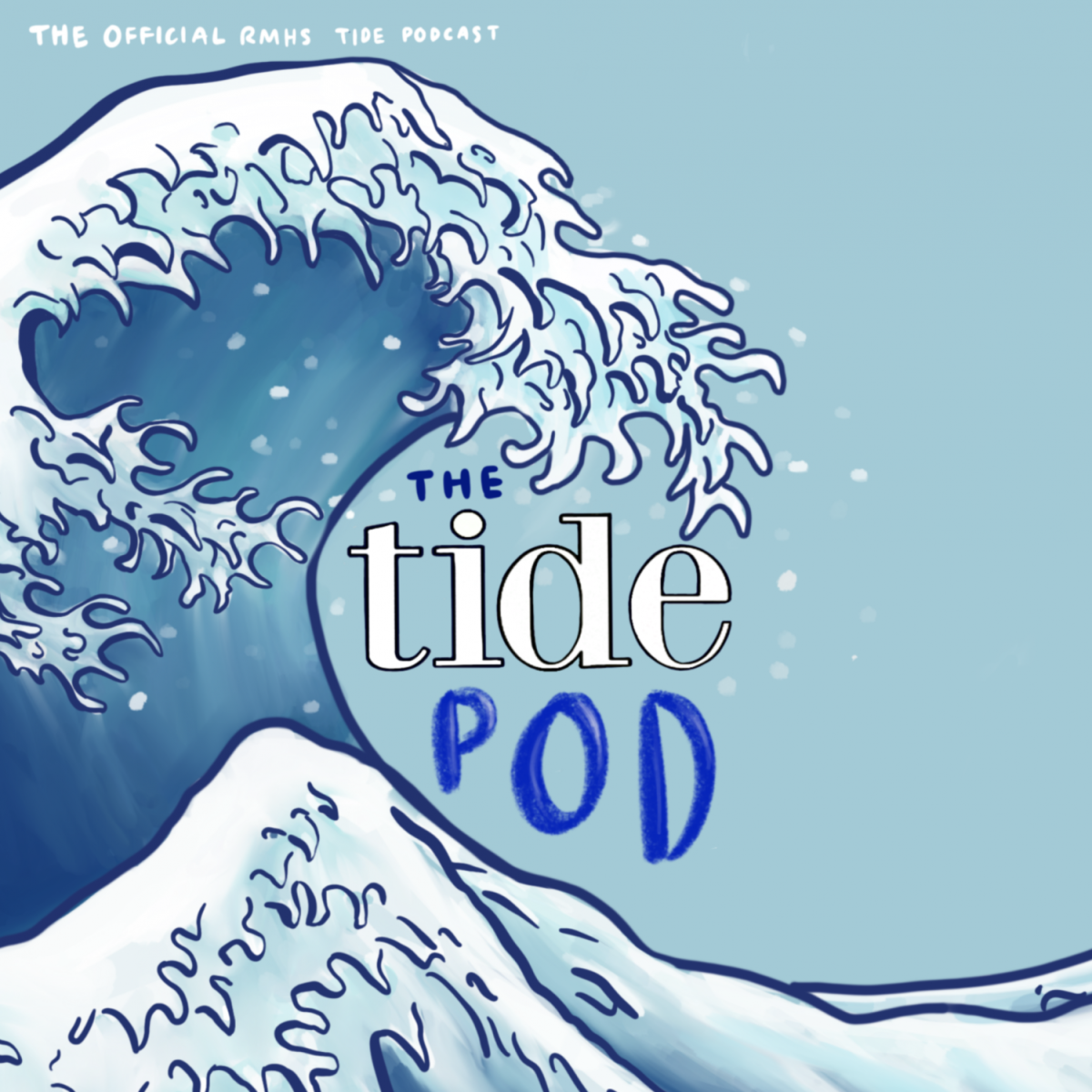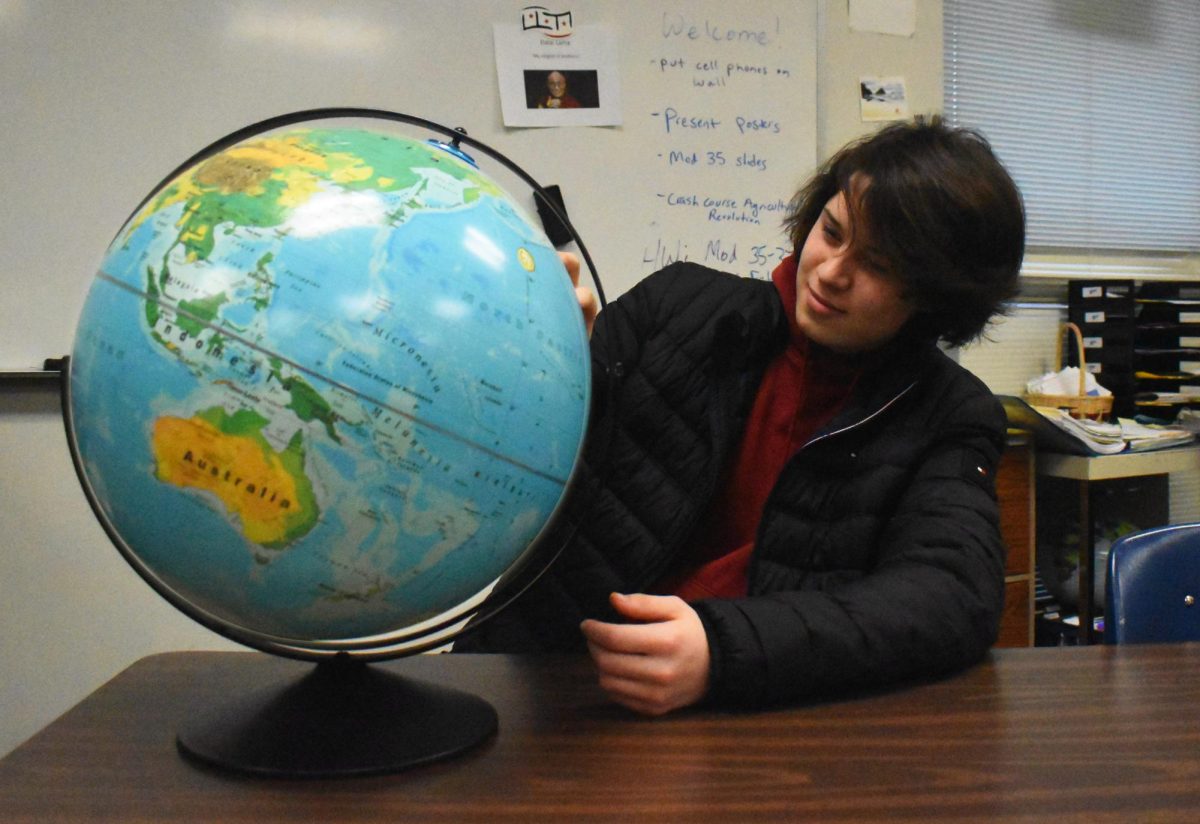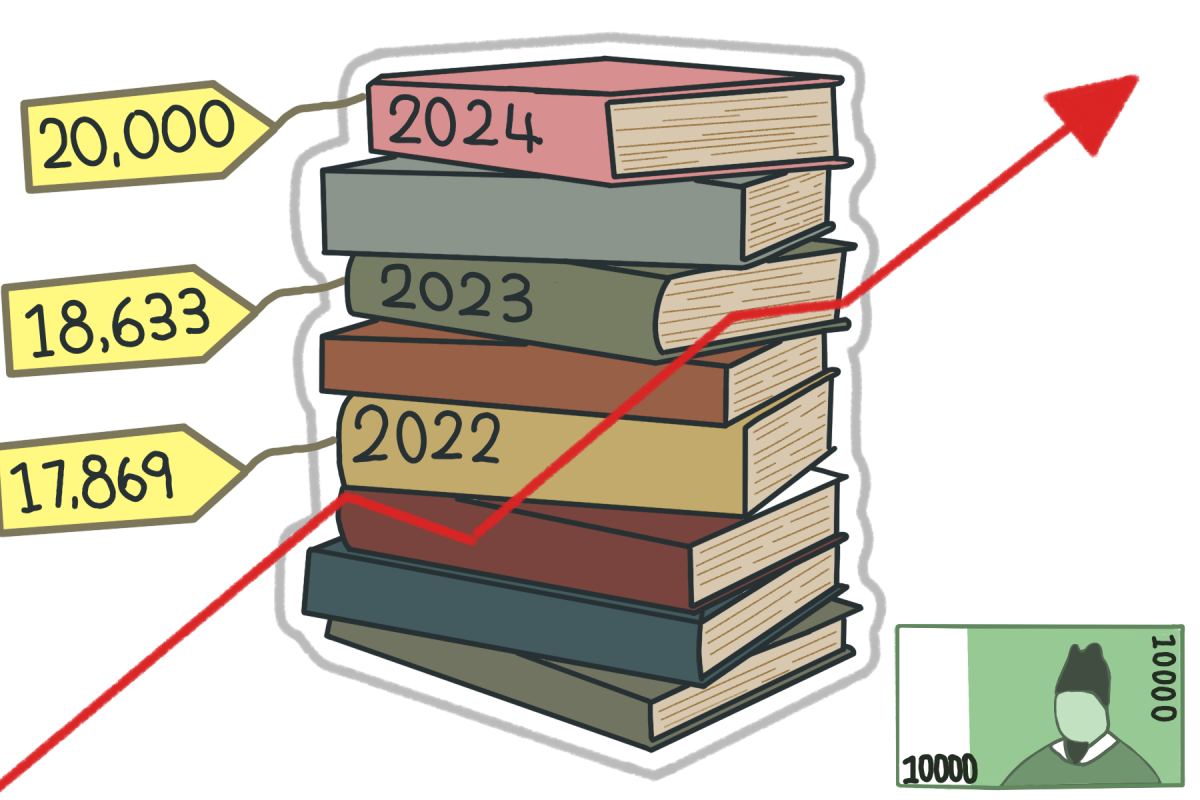Downtown, banners that read “CLOSED” dot windows of empty bookstores, and unclaimed pageturners collect dust on racks as they wait for an audience that never arrives.
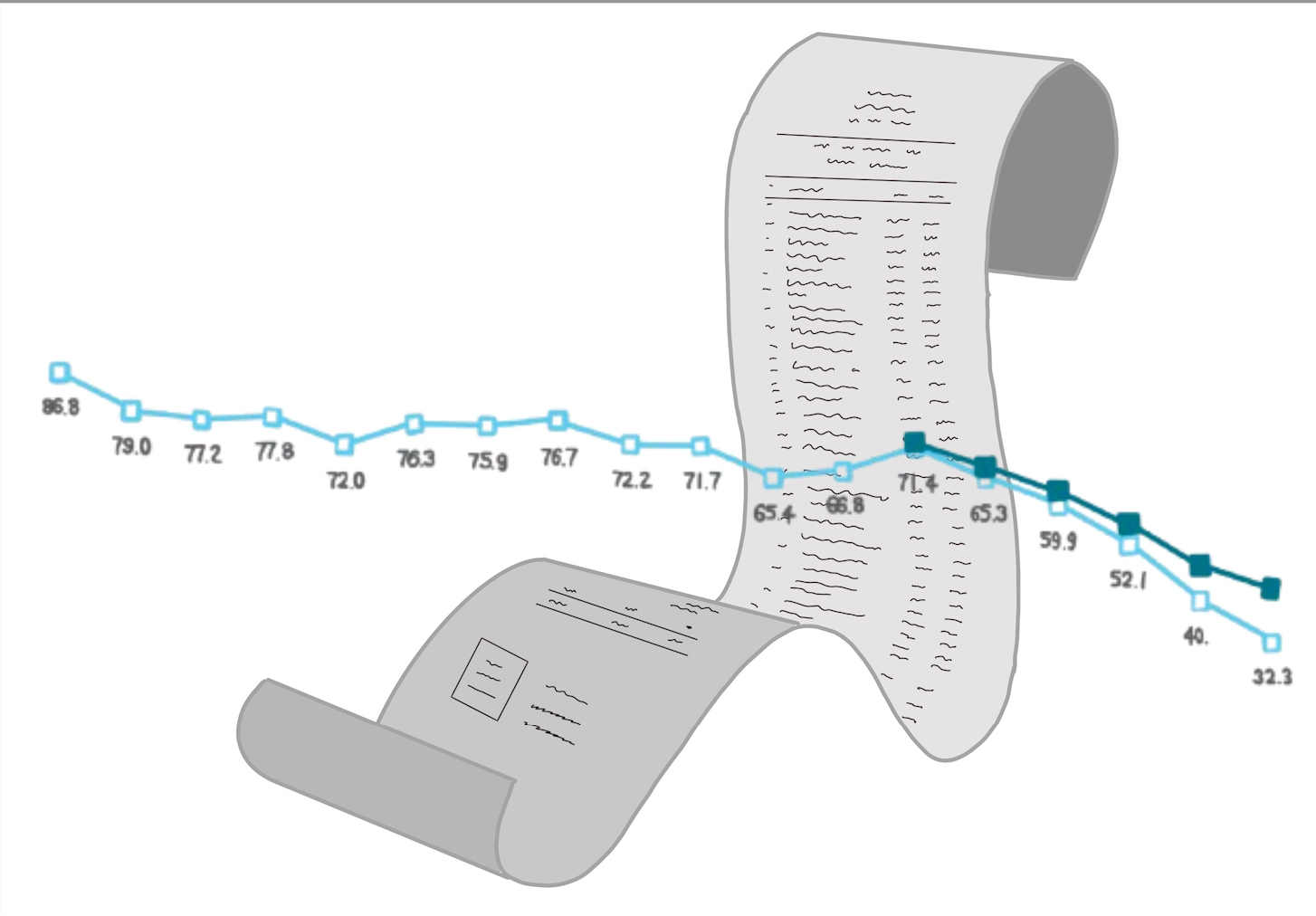
Last year, Korea’s readership rate hit an all-time low, – 57% of adults chose not to pick up a single book over the course of a year. Although the downward trend first arose back in 2015, the recent drop still shocked many researchers. In contrast, a survey by Macquarie University found that 95% of Australians read for pleasure for just over six hours each week on average. Korea’s comparatively low numbers sparked concerns among the public, and many pointed toward the increase in prices as the main reason for this occurrence.
From 2018, mean literature expenses skyrocketed to a point where they now cost nearly 20,000 won per copy. The general rise of paper prices and labor expenses primarily drive this cost upsurge. Although the total number of works published in 2022 increased by 2.8%, the sales count suffered a net loss of 3.7%.
Secondary English teacher Ms. Nagy said, “I think the rise in book prices makes it harder for people to buy more books and price is always important when considering what is attainable. So I would say I’m opposed to the rising prices of books.”
Despite many concerned voices, experts argue that people should still read despite the increase in cost, as literature provides an entire world of insights and information from authors that may be difficult to obtain in any other way.
Ms. Nagy also shared a similar sentiment. “I think even though book prices are rising, I do strongly recommend buying books because they are invaluable in a sense that they open our world, our understanding of one another and just life in general; and maybe if more people buy books the prices may go down,” she said.
The concern of rising prices has also penetrated textbooks as well. Mr. Wu, a professor at Columbia University, argues that successful professors spend extensive periods to consider the professional ethics of charging such high fees to young students. Mankiw, the author of the popular “Principles of Economics” famous for its $280 price tag, has even earned an estimated $42 million from his work.
However, there are two sides to every coin. Local bookstores in Daegu expressed their worries about readership decline. Kuyeon Il, the owner of the “Simple Bookstore,” said, “It seems that as overall prices of labor costs and paper prices have risen, the prices of books have also been affected. Our store has been in operation for four years now, and although there are books whose prices remain the same as when we first opened, most of the books were reprinted due to higher prices of paper and labor. I think it’s true that from a consumer’s perspective, there is some hesitation in purchasing a new book.”
The hefty costs of most books have led some to take the back door, especially through shady websites without a paywall. “Illegal download-wise I think things we study at international schools in Korea, not in the domestic U.S., is really rare because not a lot of people study SAT and APs which means that it is harder to get these books in Korea. I’m not willing to pay hundreds of dollars for a single book I need for a subject knowing that I can get these PDFs for free. It’s just so much easier to take notes online and buy books illegally,” he said.
With no light at the end of this tunnel, people accommodate through alternatives. Currently, used bookstores seem an excellent replacement for their brick-and-mortar counterparts, as buyers continue to demand a decrease in prices. Stores such as Aladdin that offer second-hand options at half the price consequently began to gain more attention over the years.
“I can see people not wanting to purchase a book. Maybe people are borrowing from a friend more. I do know I cannot get many books before I hit at least 100,000 won, so you can’t get a lot of books,” DIS English teacher Ms. Loutsch said.
Literature serves as an important asset that improves our critical thinking and analytical skills, something that everyone should be able to have at their disposal. Yet, the ever-rising values of knowledge have now become a privilege, and thus this crisis is one that requires immediate attention.
This story was originally published on Jets Flyover on October 28, 2024.


